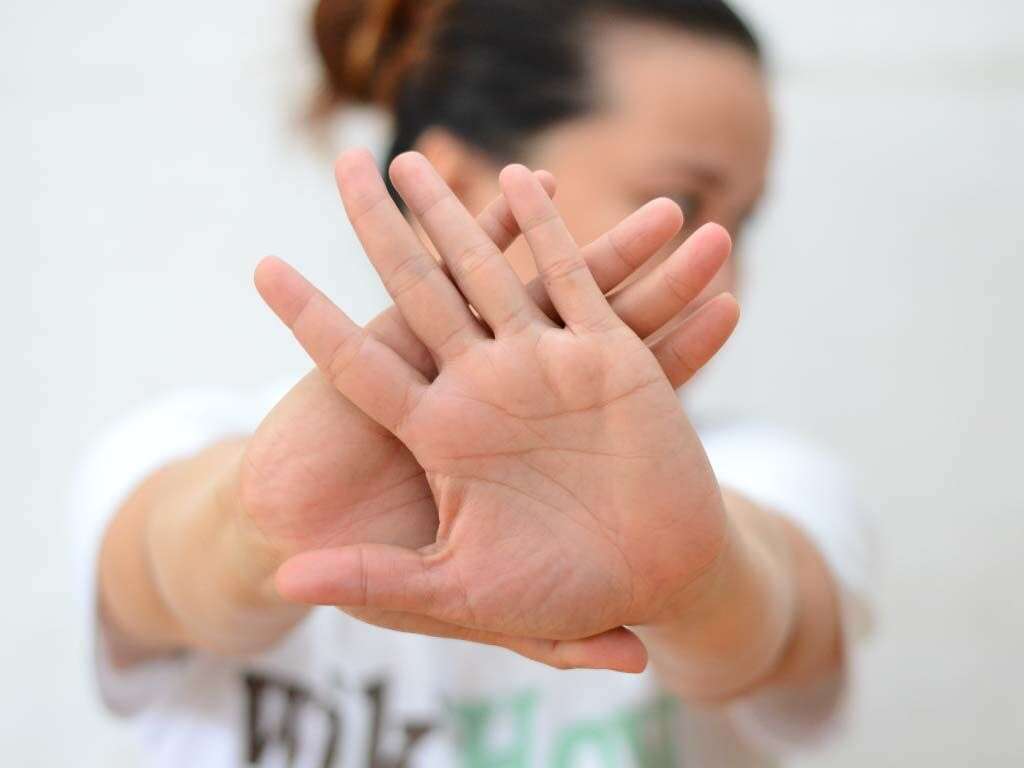10 Depression Symptoms
Depression is a very common condition that many people experience at least sometime during their life. Depression can occur in episodes that last a short time, from a few days to a few weeks. Or, the condition can be long-term, coming in bouts of months or even lasting for years.
There are a huge number of symptoms, both physical and mental, that can affect a person suffering from depression. Things like a lack of motivation and decreased energy can make it very difficult for a depressed patient to retain the same quality of life as others around them.
If you’re worried that you might have depression, then read up about some of its symptoms. If you experience any of these things on a regular basis, then you might meet the criteria for depression. If this is the case, look to make some lifestyle and dietary changes to help you manage your depression.
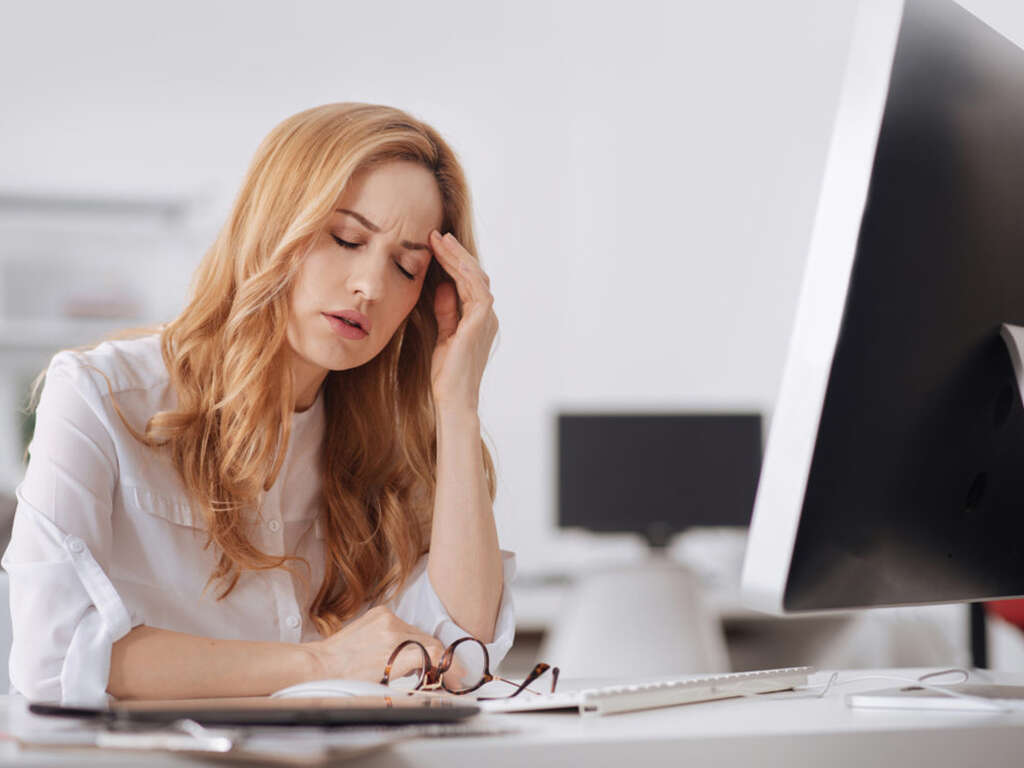
Symptom #1: Decreased Drive
It’s often quite hard for someone with depression to maintain their ‘drive,’ or their motivation levels. They may have a lot of great ideas or aspirations but lack the drive to actually accomplish these things. This can compound and actually worsen the depression if the person feels down on themselves for not taking the initiative to accomplish the things that they want to do.
This downward spiral is one of the marked traits that can show when someone is stuck in a depressive loop. Talking to a therapist is one of the best ways to manage the lack of motivation. Even surrounding yourself by loving friends and family members can make a huge difference.
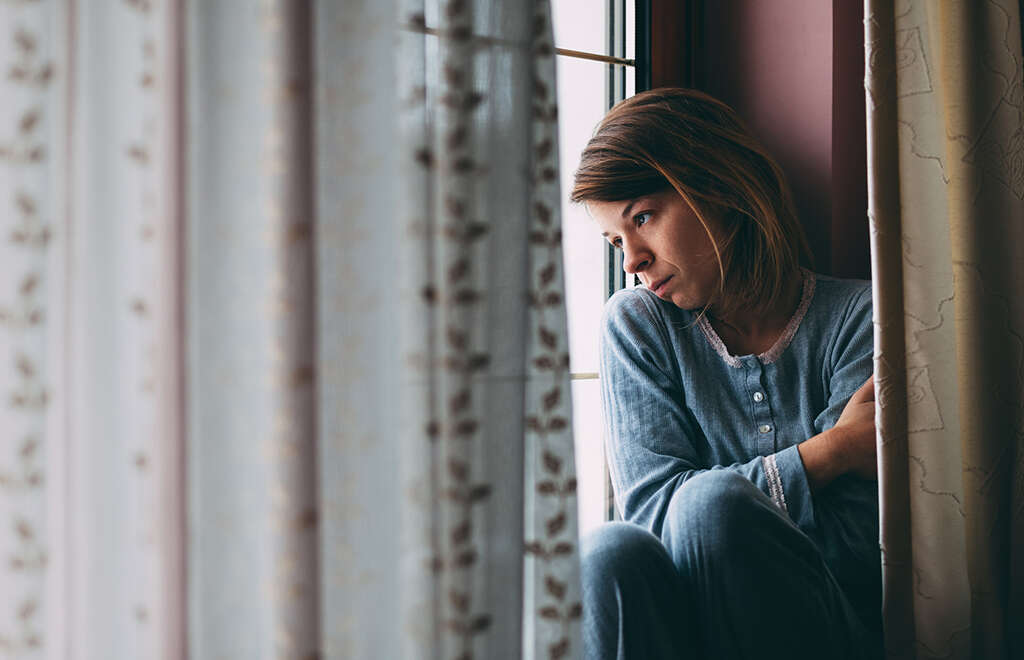
Symptom #2: Lack Of Energy
In addition to causing people to suffer from motivation problems, depression can also zap the energy and life force from a person. Lack of motivation is typically a mental problem, but lack of energy can affect a person both mentally and physically.
People with depression often have a hard time engaging in intense physical activities like exercise. Interestingly, exercising regularly is one of the best ways for a person to produce their own endorphins so they can overcome their depression naturally and feel great on their own.

Symptom #3: Low Self-Confidence
Another symptom common among people suffering from depression is a marked lack of self-confidence. People with depression often have a hard time seeing themselves in a positive light. This can lead to them choosing not to partake in hobbies, activities, or social situations that they would normally feel comfortable in.
This lack of self-confidence can also further contribute to depression if a person does not manage it. Talking to a therapist and taking part in activities that you truly enjoy are two of the best ways to help improve self-confidence.

Symptom #4: Pessimism
Oftentimes, people who are depressed have a hard time seeing the positive aspects of things. In its serious form, this can become pessimism – an inherent perspective in which someone sees the negative side of things before they consider the positive.
This can spiral out of control quickly and can make it difficult for a person with depression to seek treatment. Instead of having an optimistic attitude (like thinking that a therapist or doctor might help them) they are more likely to believe that getting treatment won’t help at all, thus lowering their chances of having a positive experience.
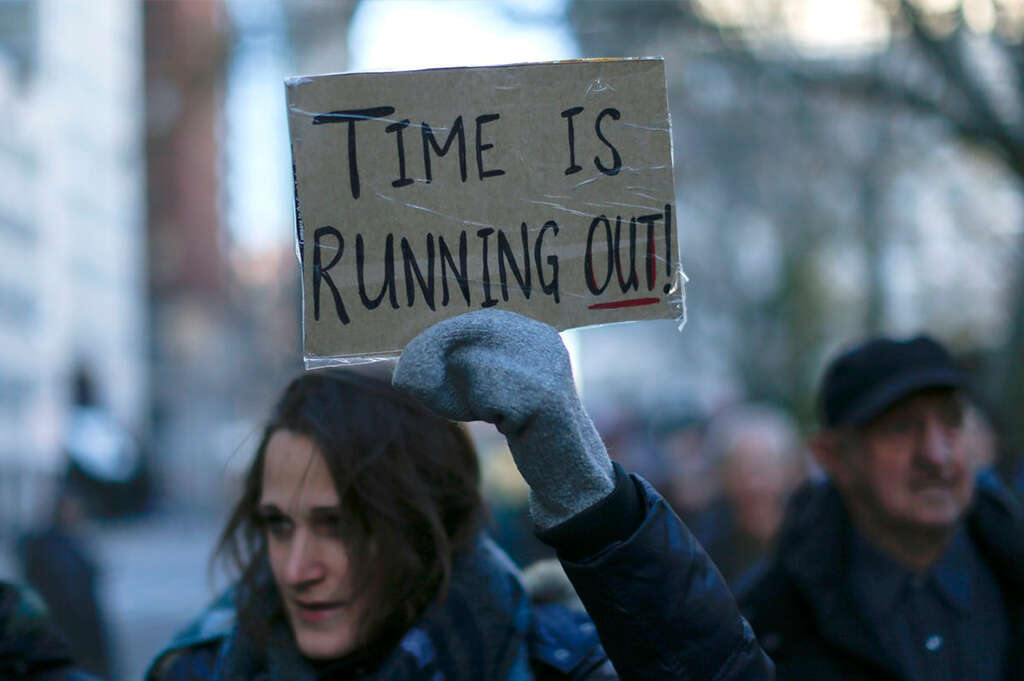
Symptom #5: Decreased Sex Drive
Another thing commonly experienced by people with depression is a decrease in their sex lives. Many people with depression simply find that they are not interested in sex.
Others may remain interested but find that they lack the self-confidence or courage to seek out sexual partners or engage in the act itself.
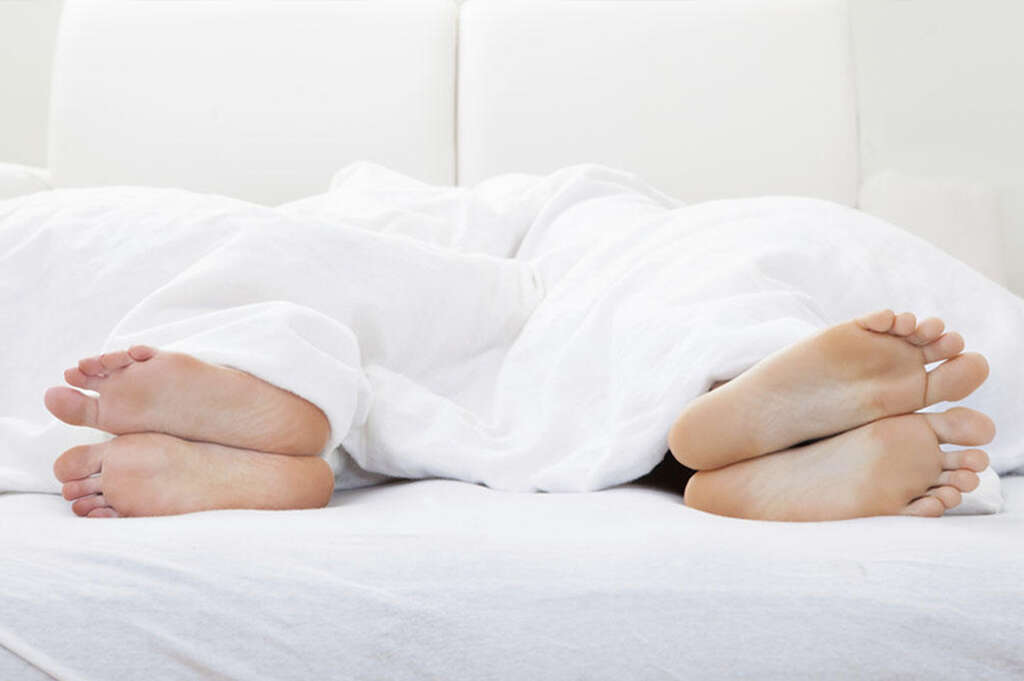
Symptom #6: Difficulty Focusing
Many people with depression often find that they have a hard time focusing on things. Their minds are often jumping about from one unhappy thought to the next, swirling about in a flurry of pessimism and self-doubt.
It’s easy to see how this would not be conducive to focusing. Many people with depression find that they have a hard time concentrating in school or at work, and this can make their grades or their relationship with their employers suffer.

Symptom #7: Restlessness
People with depression often find themselves restless. This means that they are unable to fall into a state of relaxation or complete rest.
They are often affected by a nagging desire to get something done, though they may not know exactly what they are wanting to get done or they may not have the energy to actually accomplish it.

Symptom #8: Insomnia
Another problem associated with depression is insomnia. Insomnia – an inability to fall asleep or to fall into a state of restful sleep – can actually cause depression on its own. If someone already suffering from depression experiences insomnia, their condition can actually worsen.
Good ways to combat insomnia include taking herbal medicines, meditating, and doing a healthy yoga routine. Taking herbals, like gotu kola or Valerian root, is often the easiest alternative for someone with depression.
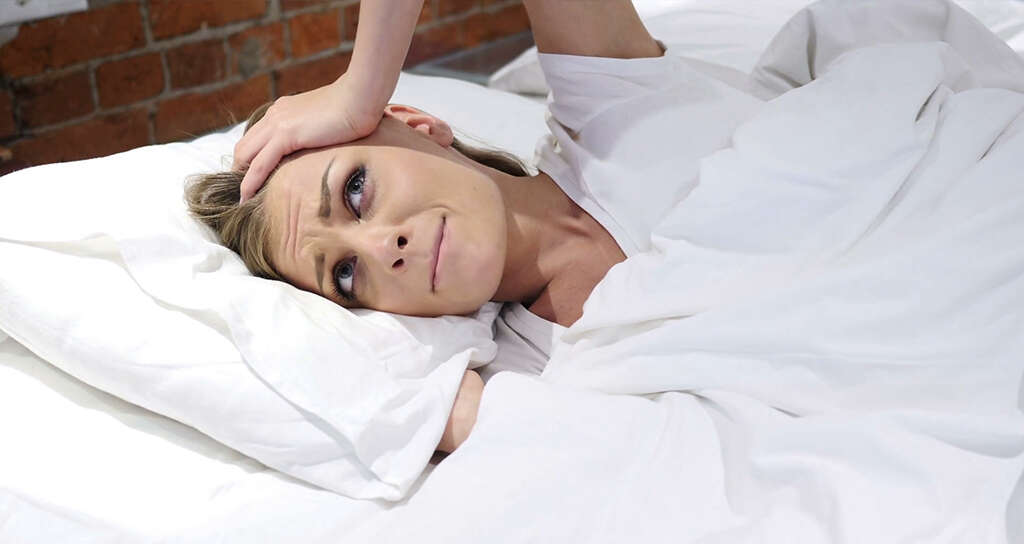
Symptom #9: Sleeping Too Much
Not everyone experiences the same symptoms when they are depressed, as evidenced by the fact that some people don’t find themselves developing insomnia and actually experience quite the opposite. Many people with depression find that they sleep far more than normal. Some people remain in bed for the majority of the day, sleeping up to 20 hours on a regular basis.
Some people find that they simply remain asleep longer when they are depressed. Others choose to sleep because they don’t see any purpose in doing anything else.
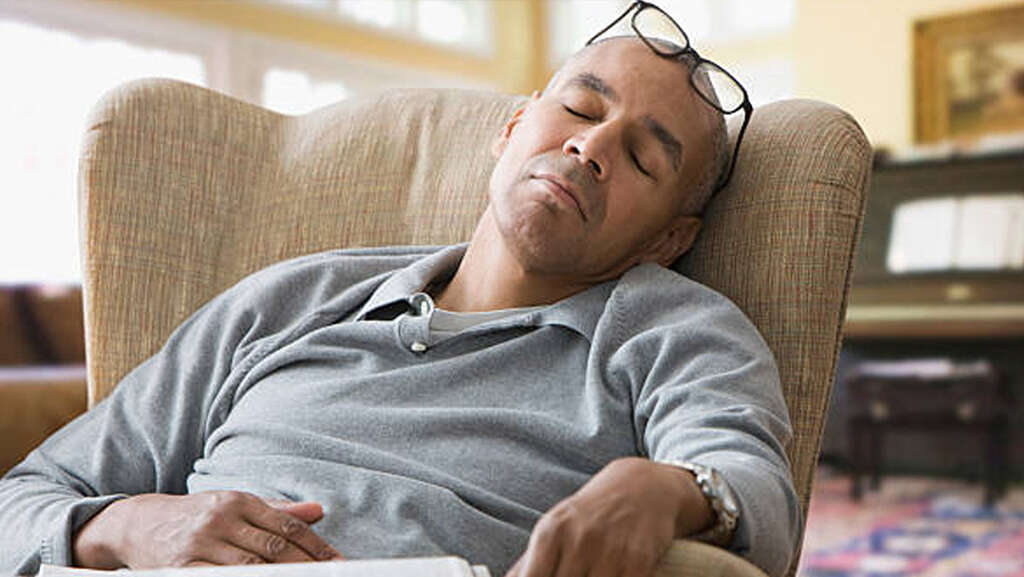
Symptom #10: Irritability
People with depression tend to have a much shorter fuse than others. This means that they are more likely to become irritable at things that may not have bothered them at all.
It’s not uncommon for friends and family members of depressed people to find themselves getting lashed out at for seemingly arbitrary things. This is definitely a sign of depression or some other mental issue and should not be ignored.









